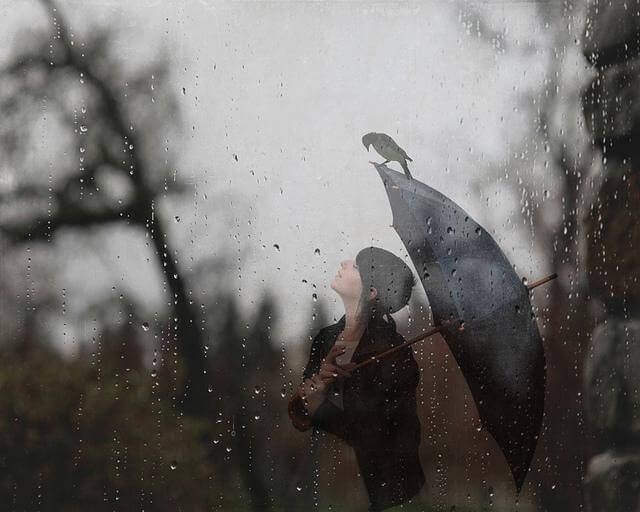Let’s look at an example of what a deja vu might be:
We accompany a friend to see the apartment he rented, we reach any street, any city, and we have a sudden feeling: the trees, the shape of the buildings, the way the sun hits the corners?There’s something that seems intimately familiar and we can’t remember it. It’s not impossible! This is the first time we’ve seen this place. So what’s going on in our brains?
- In recent years deja vu has been the subject of a series of psychological and neurysiological research.
- Which allows us to have some data on this subject.
- The reality is that this phenomenon is there.
- Exists and has always happened in all cultures.
- In All times.
- And with the same predominance between men and women.
- The only difference to highlight is the age group (this usually happens with greater intensity between the 20s and the 25 years).
- It also highlights the fact that this phenomenon is more present in people of a more sensitive nature.
- Or more creative and intuitive individuals.
The first explanation to keep in mind is that deja vu is not a supernatural event. Scientists attribute deja vu to an overlap between neurological systems responsible for short-term memory (events perceived as belonging to the present) and long-term memory managers (events perceived as belonging to the past). In other words, scientists explain déj vu as a process in which the mind perceives its surroundings before it realizes it.
There is a study by Akira O’Connor of the University of Leeds, which discusses the case of a man from Sydney, professor of literature, blind by birth, who showed continuous feelings of “already seen”. based on sudden feelings of going to a new place for the first time and?who already knew him, or talk to strangers and believe that they were friends for a long time?This research has allowed us to infer that déj vu is not based exclusively on The Visual Channel, that is, when we see a street for the first time, we feel attacked by a series of inexplicable sensations, which we could feel in the same way if we had blindfolded.
So what other explanation for déjà vu?
Today, research continues in the field of sleep, to discover how the brain stores, stores or rearranges information when we are in a state of unconsciousness.
It’s a really interesting area of study, considering you don’t remember most of the dreams you have at night. A sleeping person may experience a lot of activity in the brain areas, related to the long-term memory process; Do we dream of travel, with people, with strange and uns logical stories?
It is possible that about 5% of what we remember are just dreams and not realities. There is no doubt that the investigation will continue. In the meantime, we will all continue to experience this phenomenon that intrigues and confuses us, why?
Who’s never felt a little deja vu?

